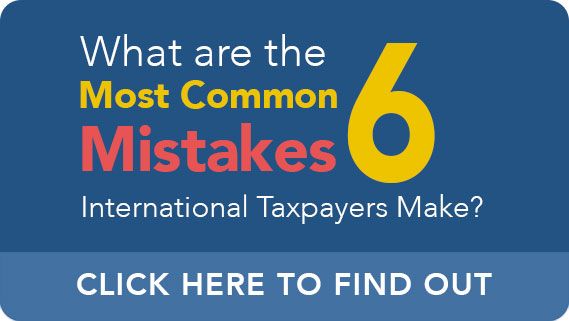Tax Treaties
Where to Find Treaty Information
An income tax treaty is an agreement between two countries under which each country agrees to limit the application of its domestic tax laws for residents of the other country. That means if you have come to the United States from a country with which the U.S. has a tax treaty in effect, you should check the provisions of the treaty to see if any of your income is exempt from U.S. tax under the treaty, or is subject to a reduced rate. A treaty provision will generally override U.S. statutory law.
IRS Publication 901, U.S. Tax Treaties, contains summaries of all the U.S. tax treaties in effect. For updates on current treaty ratifications, see the U.S. Treasury International Taxpayer site. For the complete text of all tax treaties in effect with the United States go to the IRS Income Tax Treaties page.
Publication 901 summarizes special treaty rates for dividends, capital gains, and other non-wage income. These rates relate to income that is not effectively connected with a U.S. trade or business reported on Form 1040NR. Publication 901 also provides summary information on treaty exempt wages and scholarship payments as well as more detailed, country-specific information.
You can also click here for more Tax Treaty information
Treaty Benefits for Resident Aliens
Generally, all of the tax treaties to which the U.S. is a party contain a “saving clause,” which prevents residents of the treaty partner who are also citizens or residents of the U.S. from using the treaty to reduce their U.S. tax liability. As a general rule, individuals who qualify as a U.S. resident, under either the green card test or the substantial presence test, are not eligible for treaty benefits. However, most tax treaties contain an exception to the “saving clause” provision for individuals who claim tax treaty benefits as students, trainees, teachers and researchers. Therefore, if you are no longer an exempt individual, income you receive as an F, J, M or Q visa holder might be exempt from U.S. taxation under the treaty with your home country, even if you are classified as a resident for U.S. tax purposes. Treaty benefits could also be available to H, O and other visa holders who become residents for tax purposes during the first year they enter the United States.
